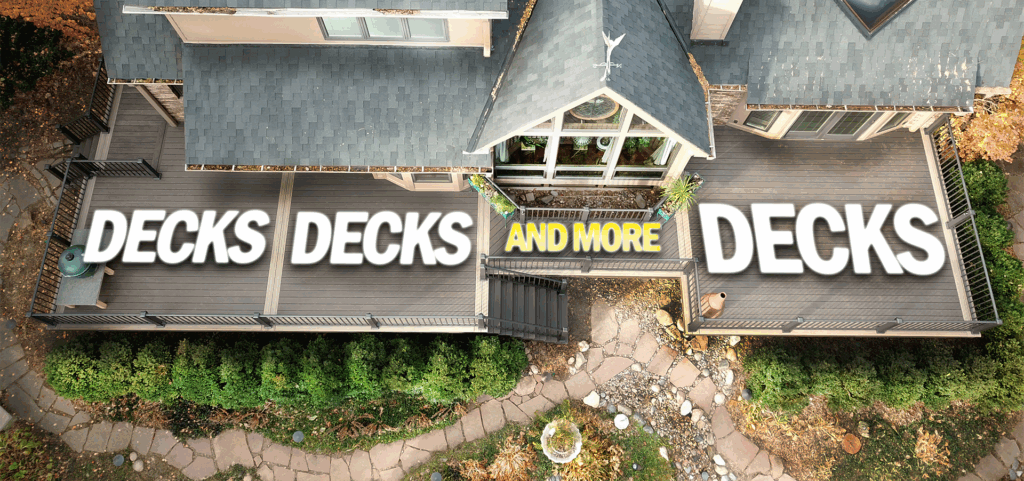TIPS & INSPIRATION FOR YOUR OUTDOOR LIVING SPACE
Welcome to the Decks, Decks, & More Decks blog — your source for ideas, advice, and expert insights on outdoor living. From composite decking and railing trends to design inspiration and maintenance tips, we cover everything that helps you create a space you’ll love year after year.
Discover new ways to make the most of your backyard with the Omaha area’s trusted deck specialists.
